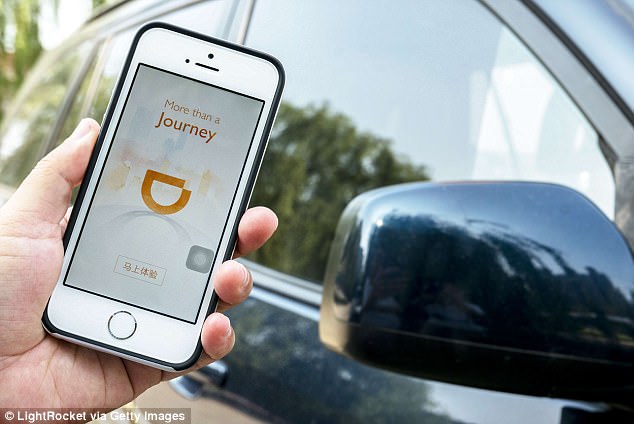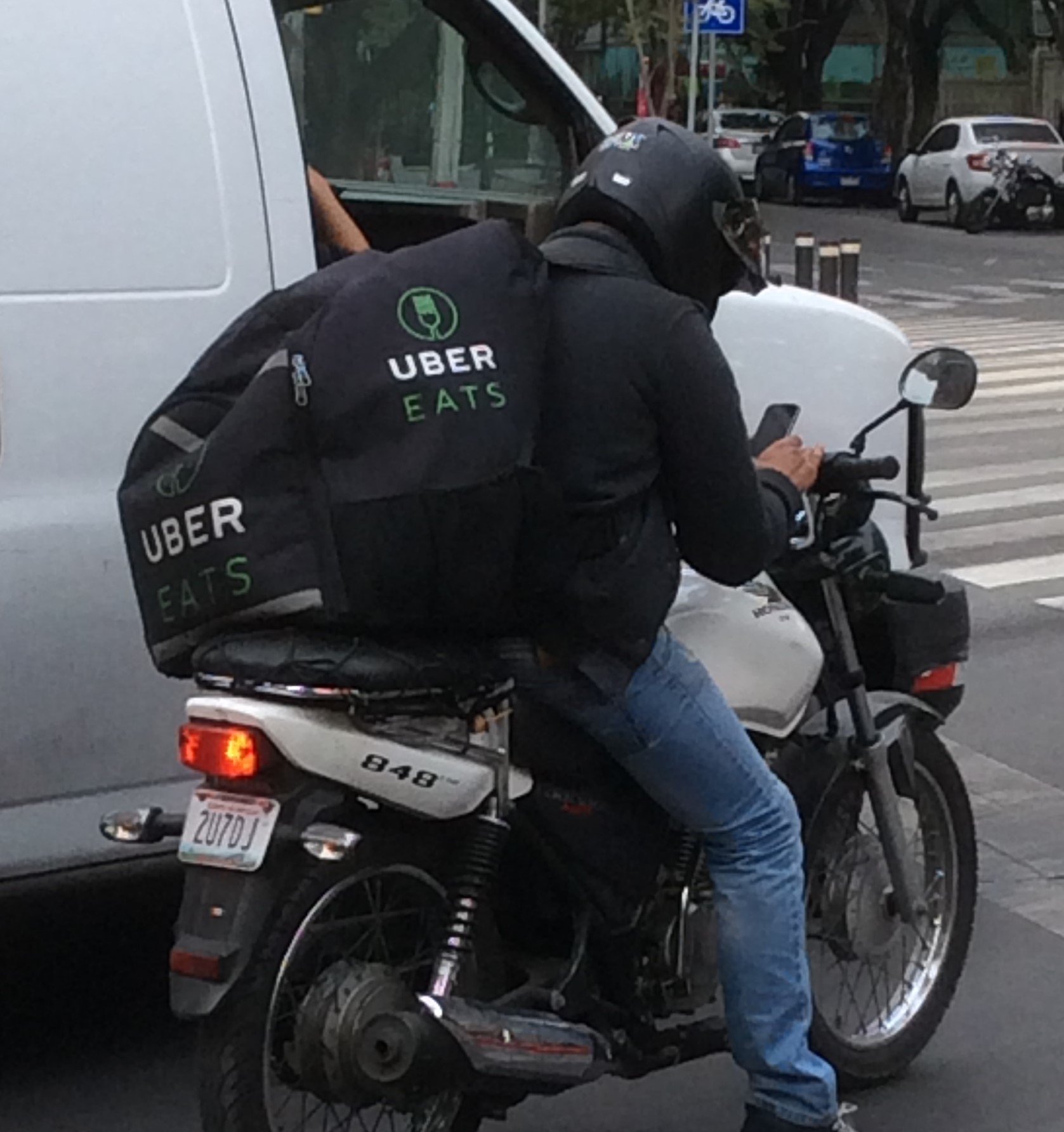How China’s ride-hailing giant Didi plans to challenge Uber in Mexico

Working quietly from a shared office space in one of Mexico City’s trendiest neighborhoods, China’s ride-hailing giant Didi Chuxing is planning to hit its archrival Uber where it hurts.
Mexico is one of Uber Technologies Inc’s [UBER.UL] most prized and profitable markets. The San Francisco firm boasts a near monopoly here, with seven million users in more than three dozen cities.
Which is precisely why Didi wants to knock Uber from that comfortable perch.
To learn how to conquer Uber, the Chinese firm is going straight to the source. It is poaching Uber employees for its Mexico management team. Didi employees are riding incognito with Uber drivers and chatting up passengers to pinpoint weaknesses, according to people familiar with its strategy.
And Didi is thinking bigger than Uber, with ambitions for bike-sharing, scooters and motorcycles in Mexico, the people say.
The Chinese firm has deep pockets, thanks to blue-chip global investors that include Apple Inc and Japan’s SoftBank Group Corp [9984.T]. In the past year alone, it has pulled in nearly $10 billion to help fund global expansion.
“I would not want to go to war with Didi,” said Beijing-based investor and adviser Jeffrey Towson.
“They don’t lose.”

But whether Didi can beat its nemesis here is far from certain. Mexico is the Chinese firm’s first attempt at building an operation from scratch outside of Asia – a costly gambit.
What is clear is that Didi is under pressure to keep growing to justify its $56 billion valuation. Latin America is the newest battleground for the old rivals, and Didi will be in enemy territory.
“It’s fundamentally different when you’re jumping across an ocean,” said IHS Markit analyst Jeremy Carlson.
DIDI ASCENDING
Didi Chuxing Technology Co is the world’s largest ride-hailing firm by number of rides, thanks to its commanding market share in China, where it has 450 million users. It completed more than 7.4 billion rides last year, not quite double Uber’s count.
Uber learned the hard way about Didi’s brawn. After waging an expensive campaign to crack the Chinese market, Uber in 2016 sold its operation to Didi in exchange for a 17.5 percent stake in the Chinese firm, which also made a $1 billion investment in Uber.
The titans continue to butt heads as they race to carve up the rest of the globe. Uber is the top dog in Latin America, where Brazil and Mexico rank among its largest markets outside the United States. In Mexico, Uber held an 87 percent market share as of August, according to Dalia Research, a Berlin-based consumer research firm.
Didi wants to change that. Reuters was first to report that Didi had designs on Mexico, where it began recruiting employees last year.


